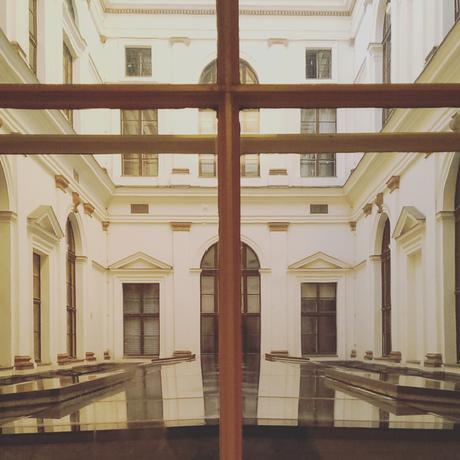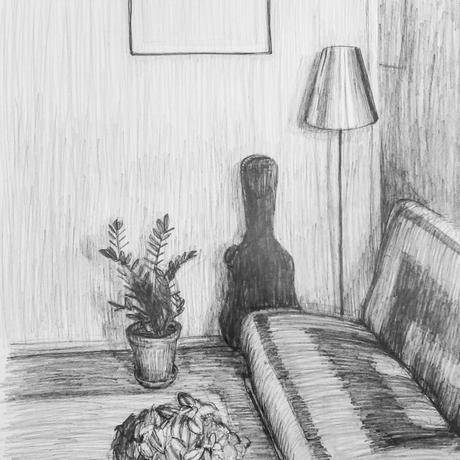
Returning to Descartes after my own (continuing) decade of communing with the ‘great book of the world’ brings some refreshing sentiments (2006 [1637]: 10). Descartes, described as vaguely averse to social interaction, and whose own words betray an intellectual confidence that would commonly be described as arrogance, shines nonetheless as a glowing example in my current scholarly position. For while I am ironically obliged to memorise his key precepts, he, with a weary sigh, sets aside his books, and even abandons the whirlwind of travel, feeling compelled above all else to set to work—to order his own thoughts (Descartes, 2006 [1637]: 11).
Faced with the thought of a few extra bachelor-level exams, I come upon an unexpected internal resistance. This method of learning—which once consumed my time and absorbed my hungry mind—seems dull and soulless; it does not stir the movements of my mind as it used to. I note with some surprise that all those years of rote learning and trustingly following teachers have worked their effects: new and complex ideas are not threatening; entire books are not half so laborious as the scattered chapters I used to wrestle with. The hunger for interesting ideas is coupled with an aptitude for working related ideas into one another, for noticing points of contact and of difference, and for seeing the broader themes and sensing the overall direction of a work in its entirety.
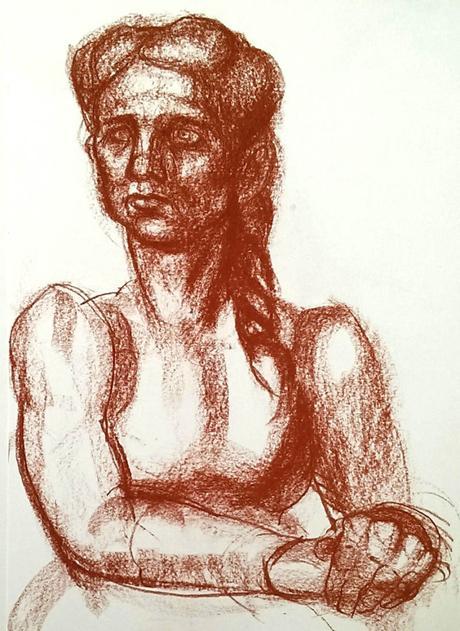
But it remains a formidable step from gathering and organising the ideas of others to casting them aside and asserting one’s own position. Such articulation depends on the kinds of skills accumulated by following in the mental steps of others, probably even on being fluent in the language of their concepts, and certainly familiar with their debates; but it ultimately requires a blank page. A blank page and a few other indulgences: time, space, and courage, often cloaked as misanthropic arrogance.
Inwardly, my convictions begin to bite. I do not read with the same wonderment and open curiosity, trying on the outlooks of others, judiciously weighing the matter from all sides. I clash with these books: I tear at their holes and prod their weak spots, wanting them to help me but finding them inadequate. I am reaching the point where I will have to abandon my books and establish my own framework, my own method. These snarling convictions, peering here and there through the cracks left by others, need a clear ordering, explanation and defense. I must take a good look at them. I must decide—even plan—how to go about this.
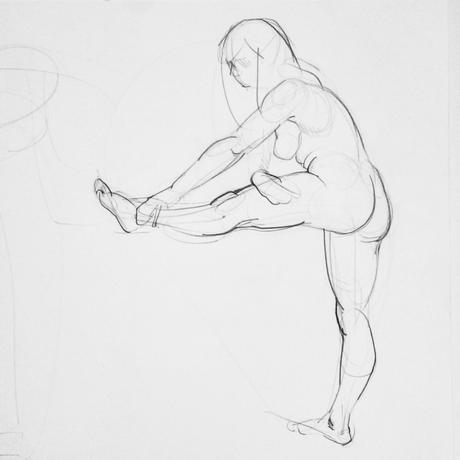
Kant cuts a fine example. Forced to support himself, he turned to teaching immediately, privately at first, only managing to secure a teaching position at university after several years. But his pay depended upon the attendance of students, and so he had to take on a huge workload and court a dedicated following of students. This occupied him for decades—decades!—before he secured tenure, at which time he promptly sat down and (I believe the technical term is) busted out the Critique of Pure Reason. What captures my imagination is the thought that Kant did not waste a moment, though his route was a slow one. Teaching is a battlefield; it offers ample opportunity to test one’s ideas. My own experience of teaching drawing makes plain to me that ordering the content is the easy part; the greater burden of teaching falls on defending one’s ideas. Students concoct all manner of contradiction; they embody resistance. The cunning teacher needs a sack of reasons to stay ahead. But if she can stand by what she presents, she can sharpen it from every conceivable angle with the rigorous discourse that the classroom offers. When a quiet desk presents itself, the work is almost done.
Rousseau (1953 [1781] : 328; 374) sought not the solitude of the desk, but the open air and physical movement. The rolling fields of France, kissed by the sun, were his blank page, and as he wandered them without company he turned his thoughts over in his mind, working and reworking them, embellishing them, tasting them aloud and testing them against the breeze—and forgetting them, and whipping them up again, until they finally found their way onto paper in a gush of impassioned certitude. ‘For never having been able to write or think at my ease except in the open air, I was not tempted to alter my methods … The forest of Montmorency, which was almost at my door, would be my study’ (Rousseau, 1953 [1781]: 376). Such leisure yields no precise and referenced scholarly articles—and that is the point. We can all sit down with our notes and produce something technical. But can we commune with our own thoughts until we know them inside out? Until their structure becomes self-evident, emerging organically, as if from nature itself, and not in the forced and reference-laden form that the shackles of the desk impose?
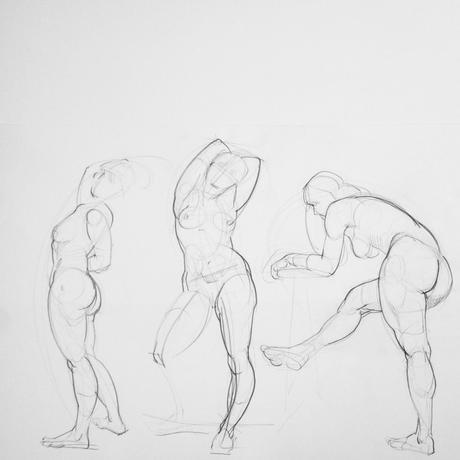
Arendt says, with no fuss, that the writing is easy. ‘Schreiben Sie leicht, formulieren Sie leicht?’ her interviewer inquires (‘Do you write easily, do you draft easily?’). Through plumes of self-assured cigarette smoke she assures him that writing happens with little effort. Because she only starts writing once she knows what she wants to say—a simple but easily overlooked method of working, one that reveals the same attitude as Rousseau and Kant before her.
Deleuze, as we have remarked, uncovers concepts in unlikely places, such as in the observations of the painter Francis Bacon, demonstrating a remarkable fidelity to Bacon’s statements and at the same time an impressive inventiveness in kneading them into Concepts. For the philosopher, as he and Guattari (1996: 2) emphasise, creates concepts—actively creates from the fodder of the world, unlike science, which tries to categorise and explain it. He seeks connections across the vast and fluctuating plane of philosophical thought, and finds delightfully original ones (Deleuze and Guattari, 1996: 90). But that, of course, is the philosopher’s job (1996: 51):
‘In the end, does not every great philosopher lay out a new plane of immanence, introduce a new substance of being and draw up a new image of thought, so that there could not be two great philosophers on the same plane? It is true that we cannot imagine a great philosopher of whom it could not be said that he has changed what it means to think. …
Those who do not renew the image of thought are not philosophers but functionaries who, enjoying a ready-made thought, are not even conscious of the problem and are unaware even of the efforts of those they claim as their models.’
To return to our original model, Descartes, who captivated us from day one of our bachelor’s degree with ‘I think,’ those fateful words that knocked us spiralling into years of doubting, probing and stipulating, we must likewise, upon casting aside our books, establish for ourselves a method. It might look look like limited but exacting principles derived from logic, geometry and algebra, it might look like rural France (since people ‘are all they can be only in temperate climates’—(Rousseau, 1991 [1762]: 52)). Descartes (2006 [1637]: 15) would never thrust his own principles on anyone else, but we might regard his example and set about deciding upon how we are going to reach this intellectual clarity, and let our own ideas flourish. For ‘it is not enough to possess a good mind; the most important thing is to apply it correctly’ (Descartes, 2006 [1637]: 5).
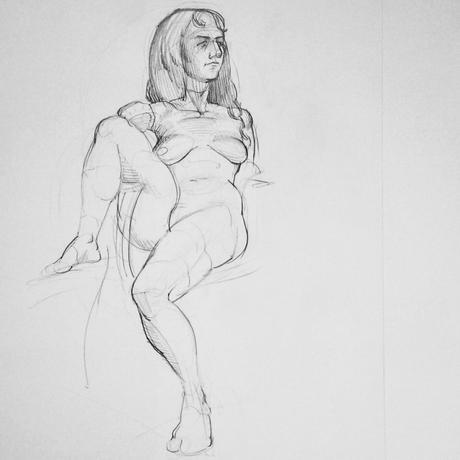
Deleuze, Gilles, and Félix Guattari. 1996. What Is Philosophy? Translated by Hugh Tomlinson and Graham Burchell. New York: Columbia University.
Descartes, René. 2006 [1637]. A Discourse on the Method of Correctly Conducting One’s Reason and Seeking Truth in the Sciences. Translated by Ian Maclean. Oxford: Oxford University.
Rousseau, Jean-Jacques. 1953 [1781]. The Confessions of Jean-Jacques Rousseau. Translated by J.M. Cohen. Melbourne: Penguin.
———. 1991 [1762]. Emile, or, On Education. Translated by Allan Bloom. London: Penguin Books.
